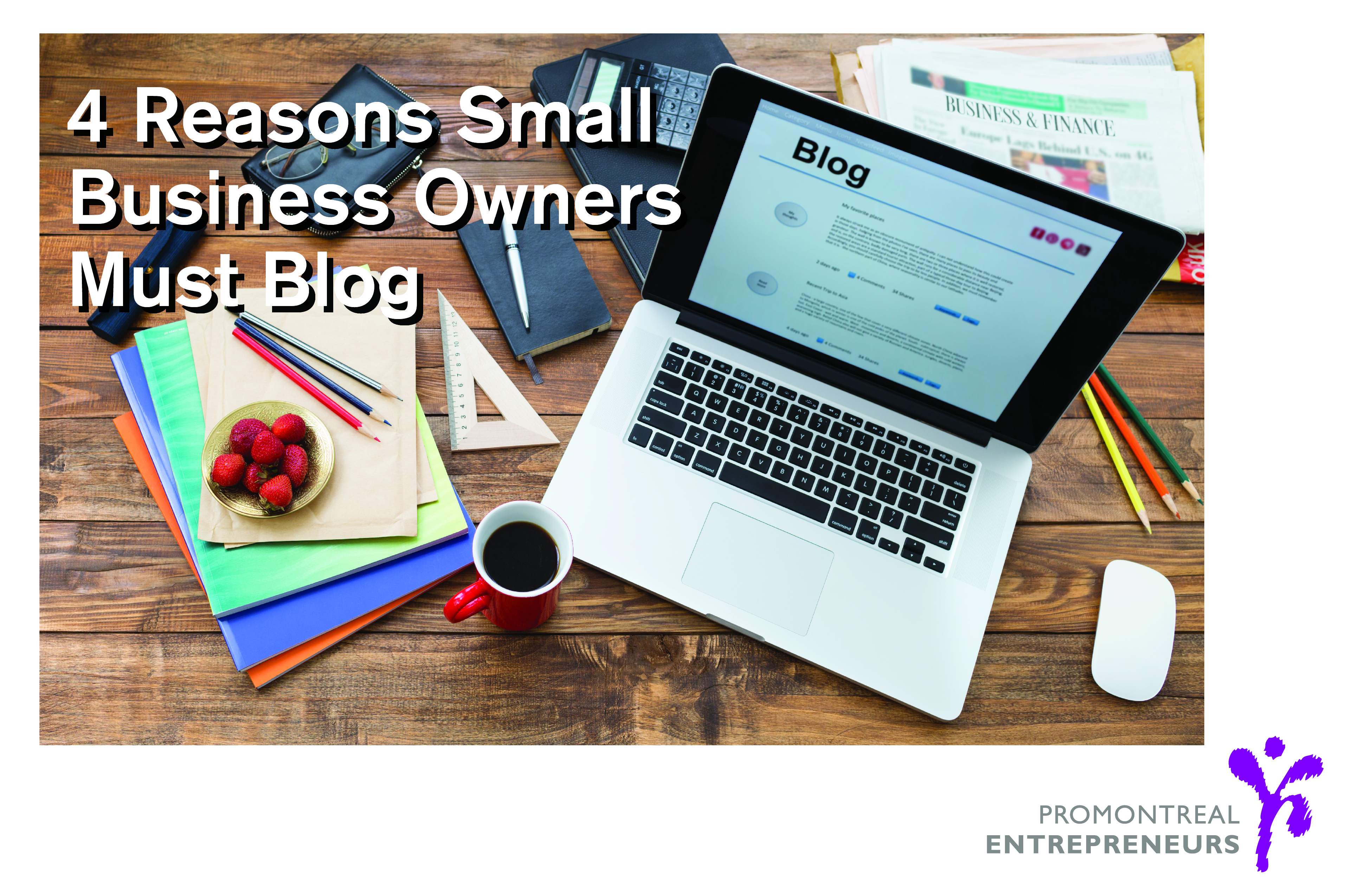
As Jeff Bezos so eloquently said, “Your brand is what people say about you when you’re not in the room.” The statement seems straightforward. But the process of building your brand is the difficult part. As an entrepreneur, you should commit to building a brand identity that resonates with your target market. So many people forget that businesses, especially those that are B2C, must have and portray a brand identity that will be the foundation of all future marketing initiatives. There are essentially 3 ways to build a brand: creating brand elements, secondary associations and marketing programs. However, before you start pouring your heart into your marketing strategy, take a moment and devise a market research plan. Investing in thorough market research is the only way to brand successfully.
How does an entrepreneur build a brand that will resonate with my customers? Though large corporations have more resources to create and develop a brand identity and conduct appropriate research, the process is practically the same. There are 6 steps to the marketing research process (click on the hyperlink for more details). (1) Defining the objective and problem (2) Determining research design (3) Designing and preparing the research instruments (4) Sampling and collecting data (5) Analyzing data and (6) Visualizing and communicating results. Though this seems complex, the hassle is definitely worth the effort. Following these steps, by conducting quantitative and qualitative research, will let you get to know your customers and their expectations of you. This implies conducting surveys, looking into credible secondary data, running focus groups, conducting interviews, testing for brand recognition, testing for recall, and associations. The goal is to know your customer enough to develop a brand identity that will appeal to them, compared to that of the competition.
If you don’t present your brand identity to the right people in the right manner, you missed the opportunity to acquire them. This will be time consuming and costly to reverse the associations people have already made with your brand. This is not to say that you can’t change your brand identity in the future. To the contrary, many successful companies have had to make brand-related changes in order to remain relevant over time. For instance, Victoria’s Secret was rebranded countless times before their angel wings took over retail, Apple nearly went bankrupt before becoming a staple in tech, and UPS used to be big and boring before it became personal and innovative. But, changing your brand image is costly and takes time. Keep in mind that you are a start-up, and will likely have a limited budget. Doing it right early on, will save you money, time and stress.
Whether you are an established business or start-up, there really only is one way to start off the branding process, and that is through market research and knowing exactly who you are targeting. We can’t stress this enough. Get to really know your customer early on. Drafting a brand narrative is strongly recommended. The objective of marketing is to create a lasting relationship, called customer retention, with the customer after the actual transaction has been made . You will only be able to do this once you’ve identified your customer’s problem, their expectations, and built a brand identity that they value.




 Si en tant que propriétaire de petite entreprise, vous envisagez de commencer un blogue, arrêtez de considérer la question et commencez à écrire. Plus d’excuses!
Si en tant que propriétaire de petite entreprise, vous envisagez de commencer un blogue, arrêtez de considérer la question et commencez à écrire. Plus d’excuses! 
 Finding the right investor for your business, let alone any investor, is a difficult task. You have to know where to look, who to network with, and the kind of resources your business needs. The last thing you want is an investor who can only provide financial support. You will likely speak to over a dozen of investors before finding the right one for you. It will be a tiring process, but meticulousness is necessary if compatibility is what you’re looking for. Here are 4 tips on how to find investors for your business when the time is right.
Finding the right investor for your business, let alone any investor, is a difficult task. You have to know where to look, who to network with, and the kind of resources your business needs. The last thing you want is an investor who can only provide financial support. You will likely speak to over a dozen of investors before finding the right one for you. It will be a tiring process, but meticulousness is necessary if compatibility is what you’re looking for. Here are 4 tips on how to find investors for your business when the time is right. Your business’s MVP is more than just your minimum viable product. Sport teams aren’t the only ones with a most valuable player. As an entrepreneur in the product development stage, your minimum viable product is without a doubt your most valuable player. A team’s most valuable player teaches, remains focused, sets reasonable goals, is a representation of security, and gets the job done. All of these are also embodiment of a quality minimum viable product. Saying that your minimum product is also your most valuable may sound like a contradiction. Here are a few reasons why they are not mutually exclusive and what your MVP should accomplish.
Your business’s MVP is more than just your minimum viable product. Sport teams aren’t the only ones with a most valuable player. As an entrepreneur in the product development stage, your minimum viable product is without a doubt your most valuable player. A team’s most valuable player teaches, remains focused, sets reasonable goals, is a representation of security, and gets the job done. All of these are also embodiment of a quality minimum viable product. Saying that your minimum product is also your most valuable may sound like a contradiction. Here are a few reasons why they are not mutually exclusive and what your MVP should accomplish. If you’re a small business owner that has contemplated starting a blog, stop contemplating and start writing. No more excuses!
If you’re a small business owner that has contemplated starting a blog, stop contemplating and start writing. No more excuses!  Hillary Clinton once said that she is neither an extrovert nor an introvert. In her words she is an “
Hillary Clinton once said that she is neither an extrovert nor an introvert. In her words she is an “ Dreams of launching a start-up are often times quite magical, inspiring, yet very misconstrued. The first investor you may approach might not fund you, and in turn the accelerated growth you may have hoped for, may take the backburner for a while. Truth is entrepreneurship is far from all flowers and rainbows. As a matter of fact, the
Dreams of launching a start-up are often times quite magical, inspiring, yet very misconstrued. The first investor you may approach might not fund you, and in turn the accelerated growth you may have hoped for, may take the backburner for a while. Truth is entrepreneurship is far from all flowers and rainbows. As a matter of fact, the  Rêver de lancer une nouvelle entreprise est souvent assez magique, inspirant, et vraiment truffé d’idées fausses. Le premier investisseur que vous approchez pourrait refuser de vous financer, et la croissance accélérée que vous espériez devrait alors être mise en attente pour un certain temps. En vérité, les fleurs et les arcs en ciel sont loin de caractériser l’entrepreneuriat. En fait, les 3 principales raisons pour lesquelles la plupart des entreprises en démarrage ne réussissent pas sont (1) le produit ou service ne répond pas à un besoin réel (2) être à court d’argent, et (3) ne pas avoir la bonne équipe. Démarrer une nouvelle entreprise est toujours une expérience stimulante et épuisante qui exige des sacrifices, du dévouement et un travail acharné, pendant longtemps avant de pouvoir connaître une vie de luxe. Diriger une nouvelle entreprise c’est faire face à des murs, des dépenses, et des récompenses, même quand les affaires sont prospères.
Rêver de lancer une nouvelle entreprise est souvent assez magique, inspirant, et vraiment truffé d’idées fausses. Le premier investisseur que vous approchez pourrait refuser de vous financer, et la croissance accélérée que vous espériez devrait alors être mise en attente pour un certain temps. En vérité, les fleurs et les arcs en ciel sont loin de caractériser l’entrepreneuriat. En fait, les 3 principales raisons pour lesquelles la plupart des entreprises en démarrage ne réussissent pas sont (1) le produit ou service ne répond pas à un besoin réel (2) être à court d’argent, et (3) ne pas avoir la bonne équipe. Démarrer une nouvelle entreprise est toujours une expérience stimulante et épuisante qui exige des sacrifices, du dévouement et un travail acharné, pendant longtemps avant de pouvoir connaître une vie de luxe. Diriger une nouvelle entreprise c’est faire face à des murs, des dépenses, et des récompenses, même quand les affaires sont prospères.